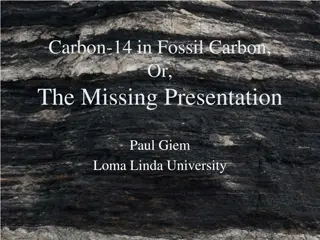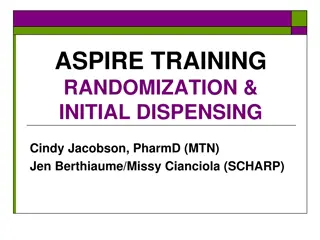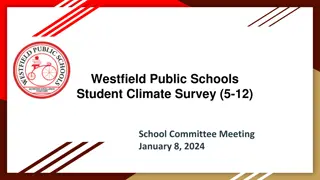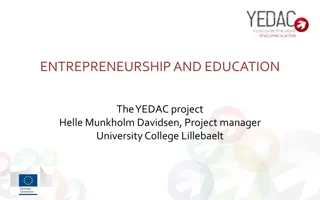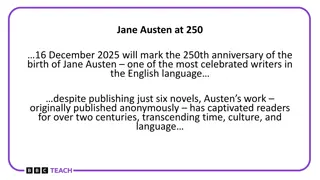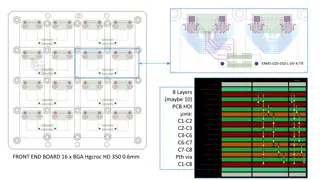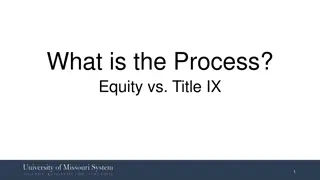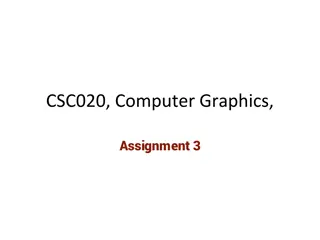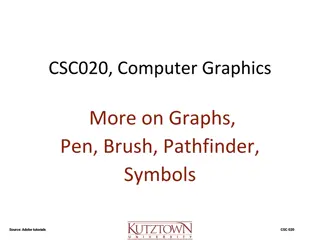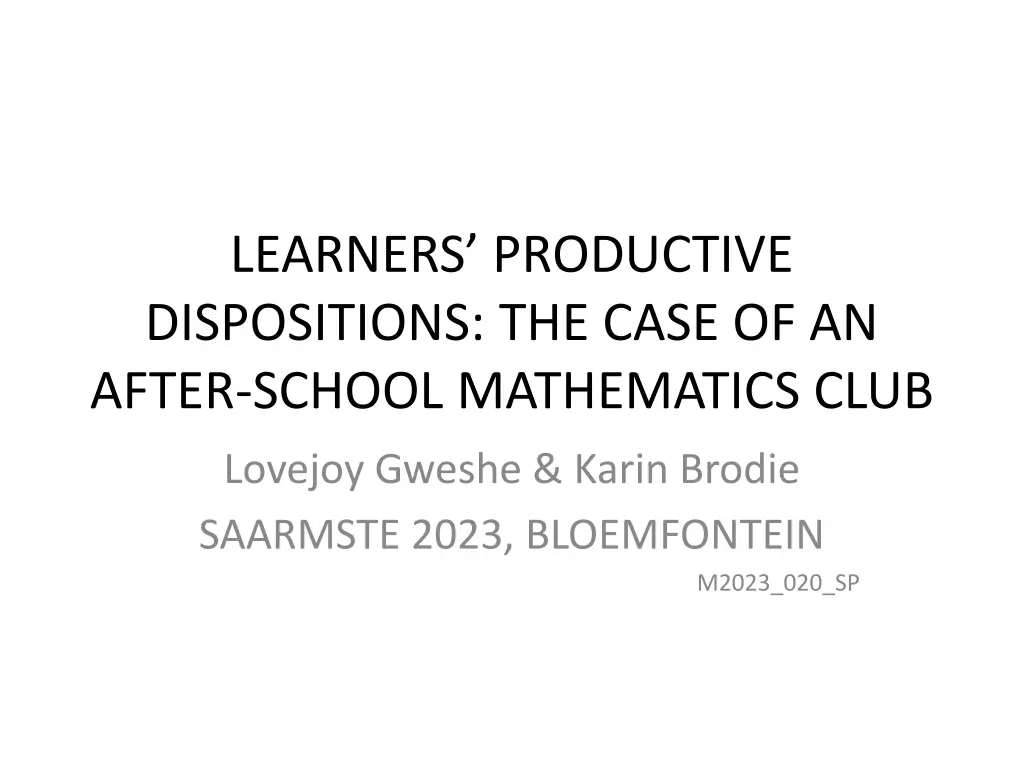
Enhancing Mathematics Club Productive Dispositions
Explore the impact of an after-school mathematics club on learners' productive dispositions such as confidence, perseverance, and beliefs. Discover how mathematics clubs can improve learning outcomes through engaging activities, mutual participation, and effective problem-solving strategies.
Download Presentation

Please find below an Image/Link to download the presentation.
The content on the website is provided AS IS for your information and personal use only. It may not be sold, licensed, or shared on other websites without obtaining consent from the author. If you encounter any issues during the download, it is possible that the publisher has removed the file from their server.
You are allowed to download the files provided on this website for personal or commercial use, subject to the condition that they are used lawfully. All files are the property of their respective owners.
The content on the website is provided AS IS for your information and personal use only. It may not be sold, licensed, or shared on other websites without obtaining consent from the author.
E N D
Presentation Transcript
LEARNERS PRODUCTIVE DISPOSITIONS: THE CASE OF AN AFTER-SCHOOL MATHEMATICS CLUB Lovejoy Gweshe & Karin Brodie SAARMSTE 2023, BLOEMFONTEIN M2023_020_SP
Productive dispositions Perseverance Confidence Effective learner and doer of mathematics Beliefs Seeing sense Useful and worthwhile Interesting Learning and understanding (Gilbert, 2014; Kilpatrick et al., 2001)
Mathematics clubs Perseverance Challenging problem-solving activities Mutual engagement Meaning making Mistakes Justifying answers and methods Messages (Boaler et al., 2018; Lampen & Brodie, 2020)
Conceptual framework MATHEMATICS CLUB Mutual engagement Meaning-making Belonging Identity construction PRODUCTIVE DISPOSITION Confidence Beliefs Perseverance
Mathematics club and learners productive dispositions Improve learners productive dispositions (Brodie, 2022; Gilbert, 2014; Graven, 2015) Fun (Amit & Naaman 2014; Graven 2015) Encourage social activity, collaboration and verbally justifying ideas (Abizada et al., 2020; Lampen & Brodie, 2020) Offer additional time to learn mathematics (Schuepbach, 2015) Improve mathematics achievement (Brodie, 2022; Sherman & Catapano, 2011)
Instrument Five impromptu questions, one per session: 1. Why do you come to the club? 2. If you were a grade 10 maths teacher what would you do? 3. What are the differences between the club and your maths class? 4. Which do you like, club or class? 5. Do you want the club to continue next year? Why?
Data collection Question number 1 2 3 4 5 Session number 6 9 12 15 18 Total responses received 22 14 6 15 27 Total attendance 29 32 47 25 27
Data analysis Theme Codes Learners productive dispositions Confidence, perseverance, beliefs Learners views of learning at the club Solve challenging problems, think, creativity, share ideas, explain, gain knowledge, understand, learn, belong, additional learning time, get help, enjoy, marks Learners views of learning in the class Learning in the class
Findings Codes Theme Question 2 3 10 Total 1 4 1 5 13 24 Learners productive dispositions Confidence, perseverance, beliefs Solve challenging problems Think, creativity Share ideas Learn, understand, gain knowledge Explain Belong: happy, important, friendly Additional learning time Get help Enjoy Marks Learning in the class 2 1 2 17 6 1 4 1 2 3 3 9 13 39 1 3 2 7 5 2 11 5 19 4 2 4 1 Learners views of learning at the club 3 5 3 10 7 12 3 23 6 1 1 2 1 1 3 1 Learners views of learning in the class 6 15 2
Conclusion Understanding mathematics Confidence, perseverance and beliefs Sense of belonging Class vs club conditions

